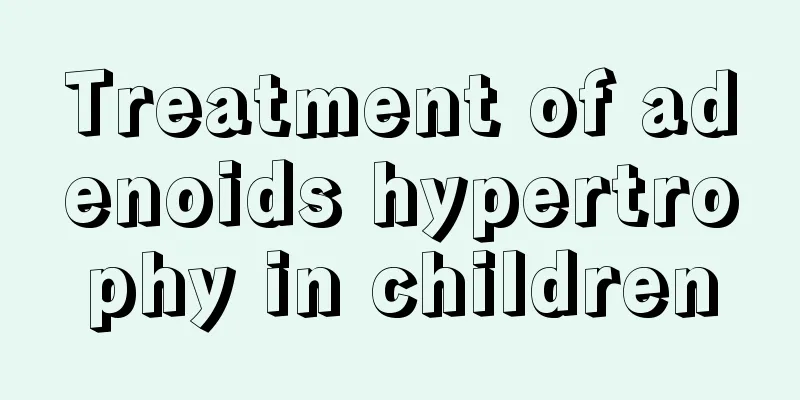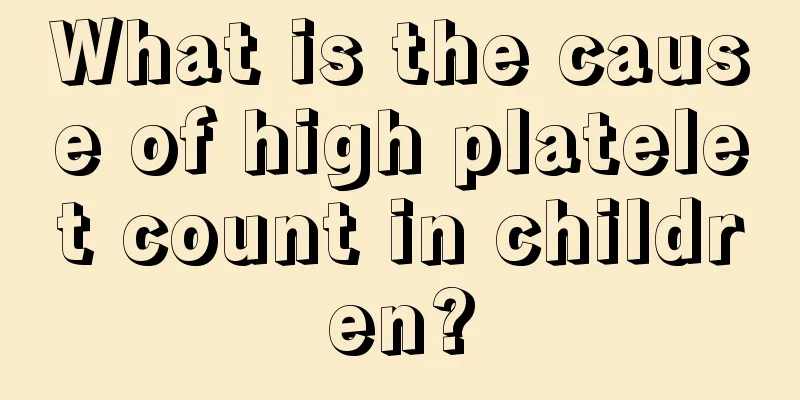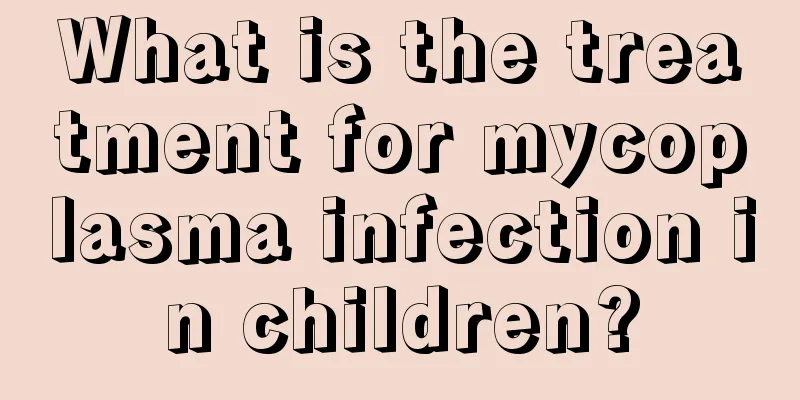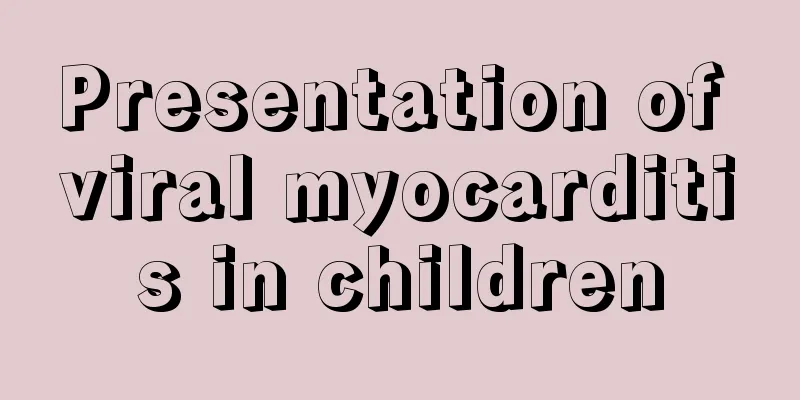Side effects of root canal treatment in children
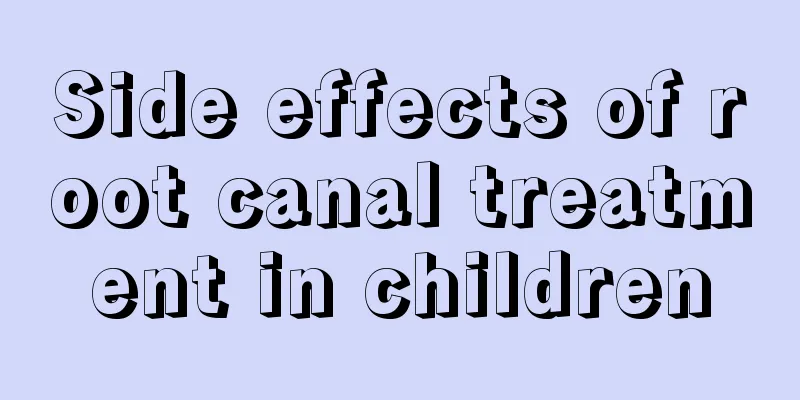
|
Children are in a stage of tooth development. If dental care is not done properly at this time, their teeth will have some abnormal reactions, which may lead to side effects. Once a disease occurs, root canal treatment must be performed. However, this treatment method will have side effects on children's bodies after use, and may cause irreversible damage to their teeth. Root canal treatment is a relatively complex endodontic treatment method that uses many instruments and has many steps. It requires multiple treatment steps and multiple X-rays to complete the entire process. complication During and after treatment, you may experience discomfort such as pain. Most of these are normal reactions and you can return for a follow-up visit at the scheduled time. If the pain is severe and accompanied by local swelling and systemic reactions, you should seek prompt follow-up treatment and receive further treatment as appropriate. There are risks During root canal treatment, the doctor can only have a general understanding of the root canal system based on X-rays or apex locators. In case of complex root canals (curved, narrow, calcified, blocked, broken instruments, lateral penetration) or other special situations, the difficulty of root canal treatment increases, special equipment and materials need to be used, and the treatment time will be increased accordingly. Instrument breakage may occur during complex root canal treatment. It is not required to forcibly remove the broken instrument. The instrument can remain in the root canal and be checked regularly. After root canal treatment, the body goes through a repair process and regular checkups can be performed to understand the healing status of the tissues. The patient may experience discomfort in the treated tooth for quite some time. If the condition is not gradually getting worse, you can adopt an observation approach, but you should follow the doctor's advice and have a follow-up check in time. There are a few cases where root canal treatment is unsuccessful and where conventional root canal treatment is unsuccessful or cannot be treated. Some cases can be treated further with apical surgery, while others can be treated with extraction. During and after root canal treatment, teeth are prone to splitting, which may lead to tooth extraction. If the tooth defect is large, please follow the doctor's instructions to promptly perform crown restoration after treatment. Root canal therapy is suitable for teeth diagnosed with pulp or periapical disease. It requires the removal of pulp tissue and the removal of root canal system infection in order to preserve the entire tooth or root. However, the tooth must have sufficient periodontal tissue and bone support. |
<<: What to do if a child has corneal inflammation
>>: The difference between spitting up and spitting up milk
Recommend
Can babies fall asleep when they are hungry?
Many new parents are unfamiliar with the care of ...
How long is the best time for babies to breastfeed?
There are usually many things to pay attention to...
How to correct hunchback in children
In many people's minds, hunchback has always ...
What to do if your child has a fever and cough
Almost every parent has encountered symptoms of t...
How to teach your two-year-old baby
We all know that babies have very strong learning...
One month baby stool frequency and color
The baby's stool can reflect the baby's p...
How to soothe a newborn to sleep?
Newborns are too young to speak, so they can only...
Prevention of albinism in children
Childhood albinism is mainly a genetic disease, a...
What should I do if my child has a fever or pneumonia?
A child's fever is a big deal, and if not han...
My 7-year-old daughter has secretions in her underwear
Girls must pay special attention to vaginal hygie...
How to distinguish the authenticity of one-year-old baby milk powder
Milk powder is food for children. It is also what...
What causes late teething in children?
After the baby is born, as the baby grows older, ...
Why are children's eyes yellow?
Yellowing of children's eyes may be caused by...
What should children eat if they have a long cough?
Children's long-term cough cannot be cured. F...
What is the cause of neonatal hemangioma?
Hemangioma is a common benign tumor of the skin b...


